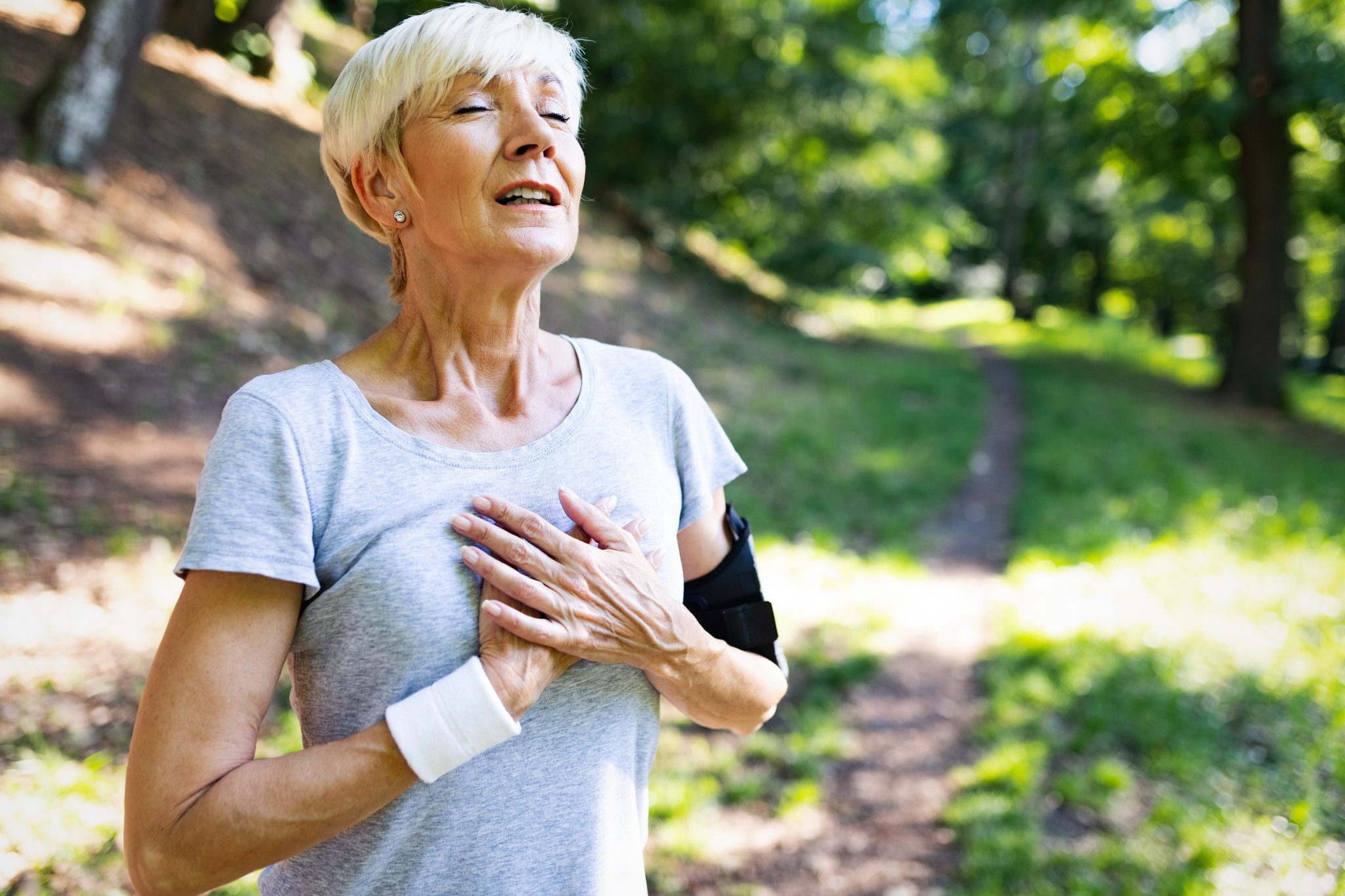Five ways staying hydrated helps your cardiovascular health.
Water is an essential part of one’s life, as 60 percent of your body’s weight is mainly water. Every cell, tissue, and organ in your body requires water in order to function properly. Water is essential for getting rid of toxins and waste from the body through perspiration, urination, and bowel movement. It helps keeping your body temperature normal and helps in lubricating and cushioning the joints. More importantly, water is essential for your hearts health. A human heart pumps about 2000 gallons of blood per day, and that’s one way in which water helps in making this job easier for the heart.
So what happens if one doesn’t meet their required water intake? Well, they become dehydrated and suffer from different health issues. But what is dehydration?
What is dehydration?
Dehydration occurs when one loses more fluid through sweating, urination, fever etcetera than they have consumed through the water and food they have consumed.
Dehydration can have negative effects on one’s bodily functions, especially on the heart and your cardiovascular system. When one is dehydrated, the amount of blood that circulates through the body decreases. So, in order to compensate for this decrease in blood volume, the heart beats faster; this increases the heart rate as well as the blood pressure. Also, when one is dehydrated, the blood then retains more sodium, which thickens the blood and makes it harder for it to circulate throughout the body. Staying hydrated will allow the heart to pump blood easily and allows the oxygen to reach the muscles; this then allows the muscles to work efficiently.
To ensure that one’s cardiovascular system is good and that your body and the organs are receiving an adequate blood supply, three factors are highly important:
- For you to have a strong heart that can pump enough blood.
- Healthy arteries and veins.
- And lastly, enough blood and fluid within your vessels.
However, dehydration has an adverse effect on all three factors which can have a severe effect on your cardiovascular system. Here are ways staying hydrated can help your health.
Ways staying hydrated helps one’s cardiovascular health
The blood thickens when you’re dehydrated
Dehydration causes the blood to become thicker, which causes the blood vessels to narrow. This leads to limited or blocked blood flow. It makes it difficult for the heart to function properly and causes it to apply more pressure to pump blood. This then leads to hypertension.
Magnesium helps prevent heart attacks
Magnesium is beneficial for different cardiac factions such as hypertension etc. Magnesium deficiency can lead to severe adverse changes in the functions of the heart, blood cells and vessels, the intestinal tract, and other tissues. Magnesium present in the water gets absorbed by the body 30 percent faster than it does from consuming food. It is essential for good cardiovascular health and helps in preventing heart attacks.
Dehydration may lead to an increase in heart rate
Dehydration leads to a reduction in the blood volume, which causes the heart to pump less blood to the rest of the body, and the blood vessels are also unable to stretch as much as they normally would. The brain, when realizes this; it increases the heart rate to make up for the loss in the blood volume. This is why it is recommended that one should drink at least eight 8-ounce glasses of water daily.
Dehydration also reduces cardiac output
The cardiac output tells us how well the heart is pumping blood to all the organs and the rest of the body. When one is dehydrated, it causes the heart rate to increase and the blood volume to decrease, which then leads to a fall in the cardiac output as well. And when this happens, not all organs of the body receive the same amount of blood that they would have received otherwise if the body is well hydrated.
Dehydration can lead to orthostatic hypotension
Orthostatic hypotension is the abnormal change in one’s blood pressure and heart rate. Dehydration leads to increased blood pressure, can cause hypotension and dizziness, and can even cause you to faint. Lack of fluid in the body can also cause the heart to experience extremely low blood pressure immediately after one stands up or gets up from bed suddenly. To avoid this condition, one must stay hydrated all the time.
How to prevent dehydration?
If you feel thirsty, it is because you are dehydrated; usually, thirst is not a good indicator of how much fluid you need. In fact, in order to check whether you’re you are meeting your water intake or not, you should see the color of your urine. If your urine is pale and clear, it means you’re well hydrated, but if it is of a dark color or has a foul smell, you need to drink more fluids.
To prevent dehydration, you must follow the following steps;
- Drink a glass of water as soon as you wake up, a glass of water with each of your meals and more glasses of water throughout the entire day.
- Women should drink at least 2.7 liters of water throughout their day. Whereas men must drink about 3.7 liters throughout the day.
- Try to avoid processed foods, like crackers and chips, as they contain a lot of salt. Excess salt causes the blood to thicken and makes it harder for it to circulate throughout the entire body.
- Caffeinated drinks, such as coffee, as well as alcoholic drinks, can cause one to lose fluids. When drinking alcoholic beverages, make sure to drink plenty of water as well.
- Sports drinks tend to contain high amounts of added sugars, and excess sugar prevents the body from absorbing water.
- Energy drinks contain large amounts of caffeine, sugar, and other additives, this causes the body to lose fluid and prevents it from absorbing water as well.
Conclusion:
To ensure that your cardiovascular health is good, the heart is pumping healthily, and you feel good, it is important for you to stay hydrated. Take a lot of fluid, avoid drinks that are harmful, and you can prevent a lot of health issues.





